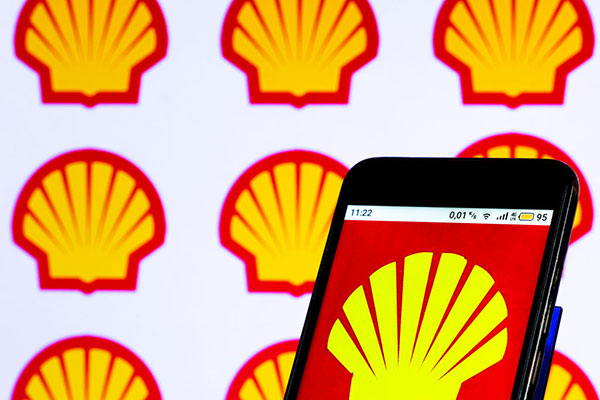Shell’s results are ugly – but not unexpected
Oil major not immune to wider sector struggles, but investors remain bullish.
4th February 2021 10:25
by Richard Hunter from interactive investor
Oil major not immune to wider sector struggles, but investors remain bullish.

Recent results from other oil majors paved the way for an uncomfortable read, and Shell (LSE:RDSB)’s results indeed contain some ugly numbers.
Unable to match BP (LSE:BP.)’s profit for the fourth quarter, Shell swung to a loss of $4 billion (£2.94 billion) after a profit of $489 million had been recorded in the third quarter.
For the full year, the difference was particularly marked, with a loss of $21.7 billion comparing to a profit of $15.8 billion in the previous period.
Shell’s last update also included a target of reducing net debt to a figure of $65 billion from the then $73.5 billion. But the figure has actually risen, to $75 billion.
While this includes a reduction of $4 billion over the year, it underlines the need for more cuts to its costs and potential further disposals to attempt to balance the books. Shell’s gearing figure rose by 3% to now stand at 32%, putting further light between this level and the long-term target of 25%.
- BP books a loss as Covid-19 hits oil demand
- How alternative energy beat oil and gas on AIM in 2020
- The stocks behind the FTSE 100 January gains
Earnings for the quarter came in under expectations, with the figure of $393 million having been expected to hit $597 million. At the same time, previous disposals are inevitably having an impact on production numbers, and therefore income, in turn.
The pandemic has clearly had a severe impact on performance, and the oil price in particular. The numbers show the dual effect of over-supply and crippled demand as aircraft stood idle, travel reduced to a trickle and manufacturing all but ceased during lockdown.
As such, Shell is attempting to batten down the hatches on the factors within its control. The reduction of 25%, or $6 billion dollars to capital expenditure and 12%, or $4 billion to operational expenditure are significant achievements. Further fiscal prudence has been shown in maintaining the dividend at a lower level. This may represent a reset, although the shares still have a dividend yield of more than 5%, which is particularly attractive given the current interest rate backdrop.
- Dividend prospects for 2021: return to normality or permanent reset?
- Take control of your retirement planning with our award-winning, low-cost Self-Invested Personal Pension (SIPP)
The more recent partial recovery in the oil price has eased some of the pressure. The shares have reacted with a strong run of late, rising by 47% since the end of October. Over the course of the last year, however, the shares are down 36%, as compared to a decline of 12.5% for the wider FTSE 100.
Even without the volatility of the oil price, Shell must face the longer-term challenge and cost of its energy transition strategy, as do its peers.
The company’s size and experience in the resource world generally will give it more than a fighting chance, even though the immediate path ahead may be rocky. Even so, Shell remains a company which is a favourite among investing die-hards, and the market consensus has recently regained its traditional status as a ‘buy’.
These articles are provided for information purposes only. Occasionally, an opinion about whether to buy or sell a specific investment may be provided by third parties. The content is not intended to be a personal recommendation to buy or sell any financial instrument or product, or to adopt any investment strategy as it is not provided based on an assessment of your investing knowledge and experience, your financial situation or your investment objectives. The value of your investments, and the income derived from them, may go down as well as up. You may not get back all the money that you invest. The investments referred to in this article may not be suitable for all investors, and if in doubt, an investor should seek advice from a qualified investment adviser.
Full performance can be found on the company or index summary page on the interactive investor website. Simply click on the company's or index name highlighted in the article.